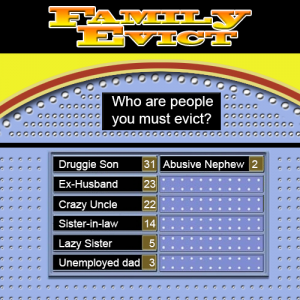
Our readers may be aware that there is a movement to pass sweeping Federal tax reforms. Some analysts have suggested that such proposed legislation may not be favorable to highly taxed areas such as New York and that home ownership may be discouraged as a result. The proposed legislation in its current form may limit Federal deductions for real estate taxes to $10,000 per year. Many properties in the areas served by our practice have yearly real estate tax obligations in excess of this amount.
There is a possibility that the legislation will not pass in its current form. Also, homeowners always have the ability to contest their real estate taxes and potentially obtain a reduction. The proposed purchaser may consider a house with taxes lower than or closer to $10,000 per year. Over the course of decades of homeownership, laws affecting deductions of real estate taxes may change. As a result, the decision to own a home should not be dictated merely by whether real estate taxes above $10,000 may be deducted.
Owning a single family home has the following additional benefits. A sense of permanence from creating family memories over many years can only really take place in a house. Building personal equity can only occur when real estate is owned. If a person rents an apartment, he will merely pay rent every month and not have any resulting value to trade in. However, if a house is purchased, the value is likely to increase, leading to a profit when the property is eventually sold. Such profit can be converted to another property or investment in the future.












